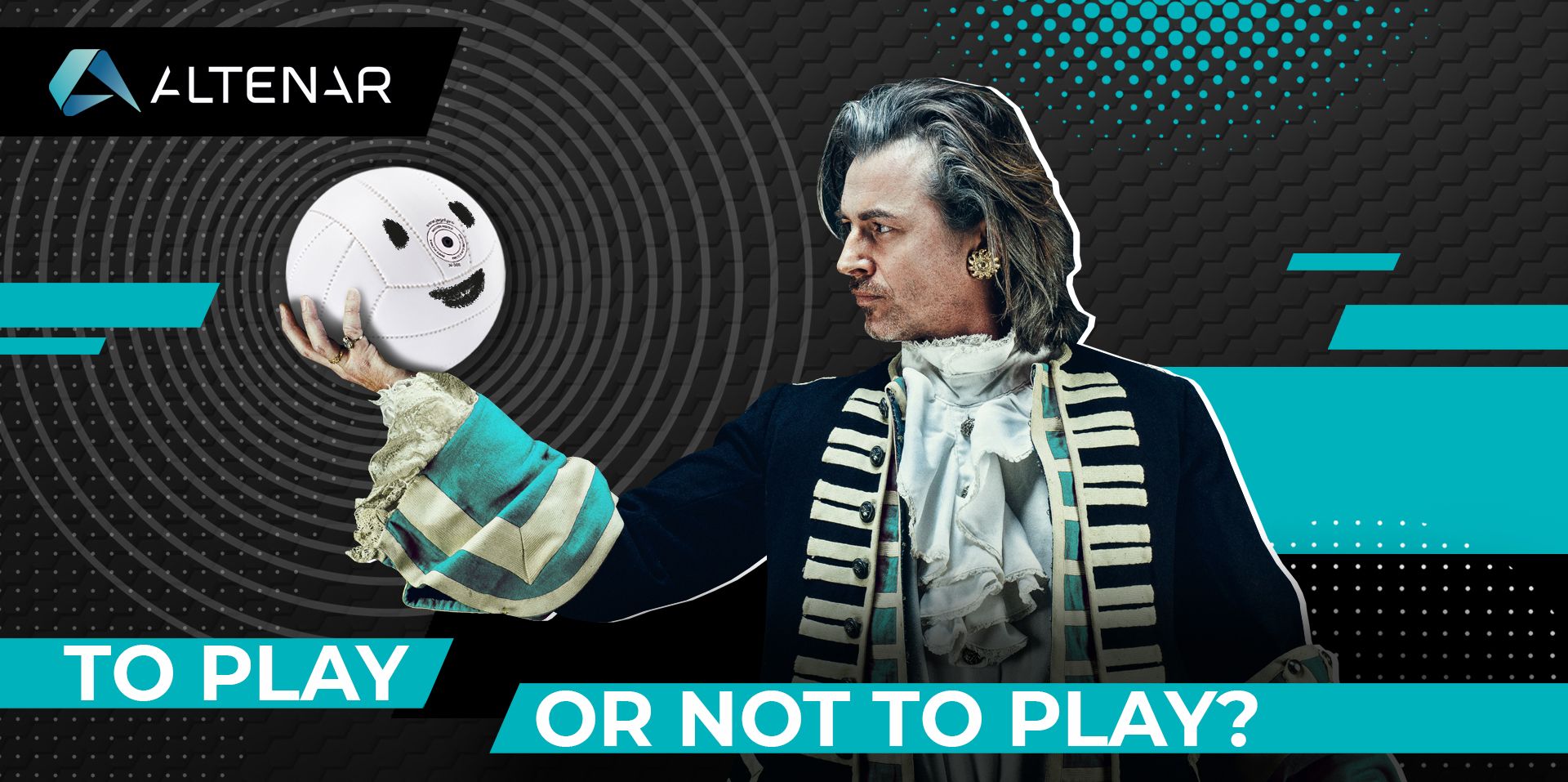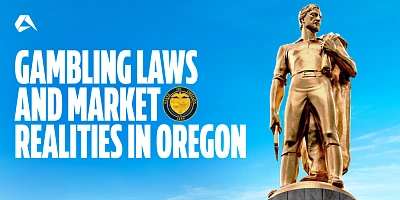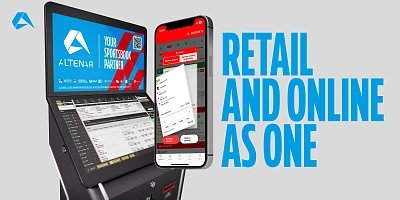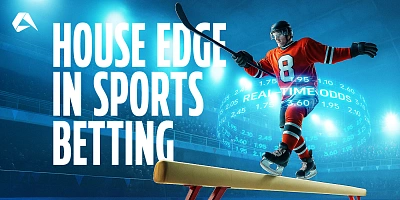When looking at the psychology that underpins betting and bettor behaviour it can be a set of tricky and complex theories that often shed light on this type of behaviour. Fr om Casino to Lottery to Sports Betting, the way a player interacts with a wager, bet or gamble could be down to three key ways a player might assume they have heightened chances of success in comparison to other players.
The overarching theory is that rational and irrational thought are large components of a player's interaction with betting and gambling in general, and this article takes a look at the theories and ways of thinking that could inform you as an operator on how your players make decisions and why they gamble to further your reach, interaction and enhance the entertainment quality you offer to a host of die-hard gamers.
Altenar, a sportsbook software provider aims to comprise a host of potential know-how on your players will best interact with your contact and how truly personal most gambling, betting and otherwise truly are.
The first of many theories to be explored is the Rational Choice Theory, wh ere it is proposed that many players always make rational decisions with the aim of maximising their advantage and reducing the chance of losses.
Understanding Your Players | Altenar
So, why with a total average of losses to wins, do players return to the site to continue betting, gambling and more? The answer could lie in the above theory and the prospect of ‘expected value’ and how desirability often drives a player to place one more bet.
With the above theory, the question centres around whether gambling is an irrational choice disguised as rational thought and in addition, a host of cognitive biases (you can discover more about cognitive bias by visiting altenar.com or, that why players place bets or why players gamble isn’t underpinned by poor-decision making but entertainment-driven.
Posing a theoretical bias that sports betting, casino, poker and lotteries are largely unprofitable for players, many theorists suggest that one reason many players return to their favourite gambling platforms is heavily reliant on the human inability to correctly assess probability factors, especially when it comes to games grounded in chance; as a result, supposedly, humans stray from rational thinking.
An example of this stands in the theory of ‘possibility and certainty effects’, which for sports betting is commonly coined as ‘favourite-longshot bias’, this theory suggests that players ‘overweigh and under-weigh the probability of unlikely and near-certain events retrospectively’. This theory, or cognitive bias, is said to underpin and inform another theory that answers the question ‘why do we gamble?’.
Presented as either ‘overconfidence’ or ‘illusory superiority, this theory of cognitive bias in relation to online gambling, sports betting, lotteries and more, is potentially the most human-present of the theories in this article, as it suggests that humans often consider their abilities, intelligence, and more to far-exceed the same qualities in those around them.
According to the above theory, or any cognitive bias is especially present in sports betting, given the embedded culture of competitiveness, and many operators can expect to find this commonplace in their gamers.
Though overconfidence isn’t always a negative, it can often help people make steps into leadership roles, to gain further knowledge and many other aspects of everyday life, that without overconfidence would cease to exist with such vigour. Competitiveness, in sports and sports betting, brings the world of entertainment as content and entertainment as sports events, matches and closer together and allows pseudo-mirrored experiences to be felt by gamers, betters and players.
Supporting this theory of overconfidence, experiments in this theory or the Lake Wobegon Effect or Above-Average Effect have demonstrated that this inherently human cognitive bias affects many aspects of everyday life, in and outside of sports betting, like social popularity and driving skill.
Recent findings in a 2020 published paper discovered that one million students taking the SAT rated themselves as 60% above average in athleticism, 70% above average in leadership and 83% above average in being friendly with others. The study travesered age groups and looked at teachers of the university of Nebraska, which found that 94% of the staff members believed themselves to be better educators than their peers.
A paper titled the better-than-average effect in comparative self-evaluation: A comprehensive review and meta-analysis noted that the BTAE effect involving 124 published articles, 291 independent samples and over 950,000 participants leaves many people with little doubt that this theory is unbiased and effects many people in many walks of life.
It seems that though these cognitive biases and theories are players in the question of ‘why do we bet?’, it’s the collective application of these theories that drives your players to bet, gamble and wager over and over again.
Unique to bettors and the sports betting market in general, a theory applies to this player and bettor most of all and that’s being able to take an ‘outside looking in’ viewpoint. This sheds light on how many sports bettors understand that there might be cognitive biases at play, and are willing to look past this toward the main driver of betting behaviour (entertainment).
This theory or perspective could be applied in large to a host of bettors whose reason for return-betting is in direct proportion to its entertainment quality as opposed to its monetary benefit (though of course, this plays a role).
Understanding these cognitive biases makes bettors some of the most educated players on the iGaming market and as a result, brings them back to sportsbooks that support and recognise this within them.
Altenar, a sportsbook software provider, is one supplier of sports betting solutions that recognises your players' smarts and aids you in bringing the best content to match and challenge new and seasoned players.













